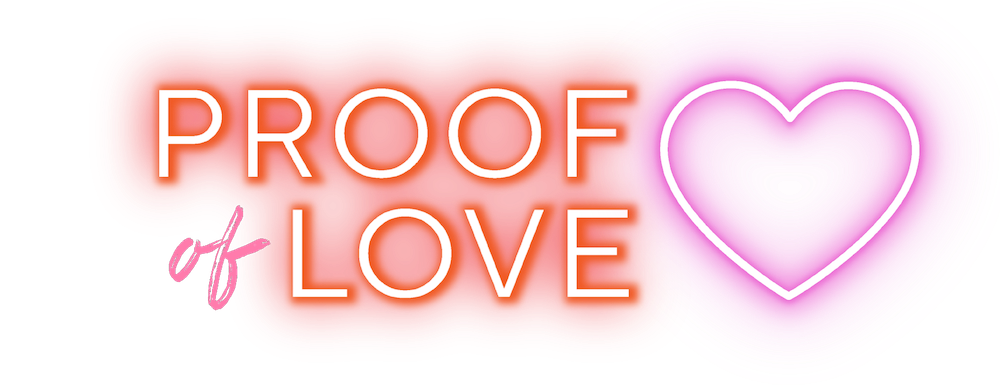Earlier this month, blockchain solutions provider Tokenly introduced token.FM, a direct-to-fan blockchain-based music platform. Tokenly plans to launch an initial trial of the new platform in early May, along with an Series A fundraising round. The first artist to make her music available on token.FM is singer/songwriter Tatiana Moroz, who introduced the first blockchain-based artist token, Tatiana Coin, in 2014. We asked Tatiana to share her personal story of how she came to embrace blockchain and cryptocurrencies, and how she got involved with Tokenly.
This article was originally featured at The RightsTech Project here: https://rightstech.com/2017/04/token-of-my-success/
By Tatiana Moroz
Entrepreneurship and managing your career can be a problem that many musicians struggle with. As an independent artist, I know I have. Upon graduation from Berklee, I felt prepared to make my way into the industry, especially with the advent of the DIY tools offered by the internet age. However, what I found was that even though we had taken some steps forward, there was a long way to go to true artistic autonomy.
 It wasn’t just the overwhelming amount of work that had to go into creating a career, the new (and unpaid) full time job I was given as master of my own fate, the decision fatigue, and the standard frustrations of a highly competitive industry. The main problems I saw were the industry’s many walled gardens and difficulty accessing financial resources. I also felt that music like the 60’s and 70’s revolution folk that had inspired me, no longer had a place in the world of boy bands and porno pop.
It wasn’t just the overwhelming amount of work that had to go into creating a career, the new (and unpaid) full time job I was given as master of my own fate, the decision fatigue, and the standard frustrations of a highly competitive industry. The main problems I saw were the industry’s many walled gardens and difficulty accessing financial resources. I also felt that music like the 60’s and 70’s revolution folk that had inspired me, no longer had a place in the world of boy bands and porno pop.
Still, I persevered. Finding my niche, I performed around the country doing political events. Yet I found the DC world to be divisive and fruitless and was quickly disillusioned.
There was a light at the end of the tunnel though, and a technology I fell in love with. I became involved with Bitcoin in 2012, and immersed myself in the space by 2013. In early 2014, I looked at how this technology could be adapted for artists.
By June 2014, with help from Adam B. Levine, host of Let’s Talk Bitcoin and now CEO of Tokenly, I created the first ever artist cryptocurrency Tatiana Coin. The goal was to create an artist specific, personally branded token that would function a bit like a collectible item, but also like a digital gift certificate.
These coins were like flexible rewards. You received a digital token that you could trade, rent, sell, and use at any time. If you wanted to send $5 worth of TC to your friends, there was nothing stopping you. It was also a great way to onboard people into the admittedly challenging cryptocurrency world.
After the initial launch, I put the funds we raised toward recording my new album, “Keep the Faith,” which I put out in March. While the recording part was easy, we wanted to use this technological model for others, and that was the tricky part. It was a little like having a car but without roads or a roadmap. So while I was speaking and singing at conferences and sharing my story, a team assembled under Adam’s leadership, and Tokenly and Token.fm were born.
One of the innovations we have created helps bring scarcity back to the digital space through the creation of tokenized albums. Traditionally, if you buy a record on iTunes, you can’t share it or resell it. However, tokenization of records allows for sharing, trading, and selling of digital music, which gives true ownership back to the fan. Artists can also set their licensing parameters, include their songwriting splits, and automate the sales of their music and merch for retail, commercial, and wholesale use.
Blockchain technology is not just for artists though. It is something the whole music industry should get behind. I have many colleagues who work in music businesses and are frustrated that, instead of helping artists reach their audiences and create meaningful connections, they get bogged down with a costly and time intensive administrative process. Blockchain could change all of that.
Crowdfunding artists via blockchain would allow record-label resources to be focused on growth rather than publishing administration and tracking payments. It would also take pressure off the labels and allow them be more risky and experimental with the acts they sign.
With Adam and the Tokenly team, we are now working toward becoming protocol agnostic. It was important to me that artists have control, and not get locked into another platform. That’s the beauty of crypto though, once someone has your coin, you are forever bound together (till they get rid of the coin anyway), regardless of the platform. So, while we don’t know which blockchain will be the winner, we’ve created an ecosystem where artists can thrive as entrepreneurs and build stronger bonds with their audience.
I think that’s what’s so compelling about Bitcoin and blockchain: the ability to retain control over what is yours, and at the same time, be truly linked to anyone in the world with an internet connection. It is less likely to be corrupted by the touch of man, as math is unyielding in its dependability. It’s more secure, it’s censorship resistant, and more transparent. I hope that it also allows for more freedom and diversity in music messages.
When artists supported by their fans, and are able to reflect the place they come from, they can offer a real and genuine experience, and that leads to better art. On a personal note, I hope that more liberty in creativity will push our world toward a more peaceful direction.
Tatiana Moroz is an independent singer-songwriter and Founder/CEO of CryptoMediaHub. Her latest album, “Keep the Faith” is available for download from Tokenly and iTunes, and can be streamed from Soundcloud.




